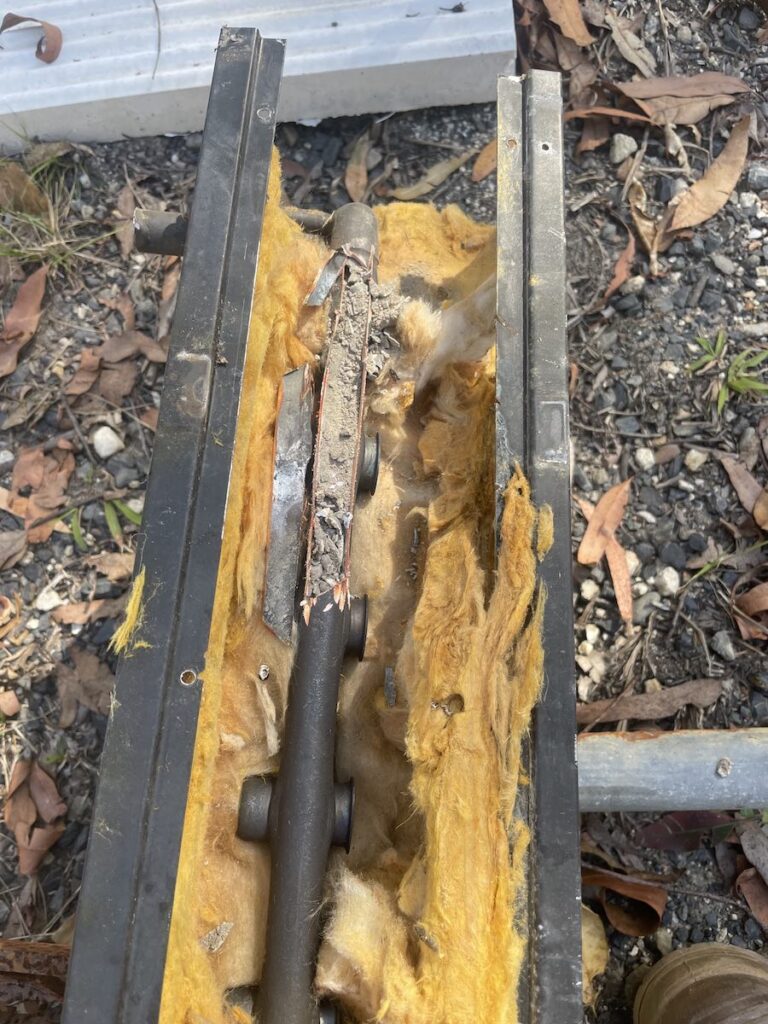Solar water heating systems like the Apricus Solar 30 Tube Manifold are an eco-friendly and cost-effective way to provide hot water for homes and businesses. However, like any technology, they can face issues over time. One of the most common problems is the buildup of lime deposits within the system. Lime deposits can reduce the efficiency of your solar water heater and, if left unaddressed, lead to system failure.
Understanding Lime Deposits
Lime deposits, also known as calcium deposits, occur when water with high mineral content flows through the solar heating system. These minerals, primarily calcium and magnesium, can accumulate on the inner surfaces of the solar tubes and the manifold over time. As these deposits build up, they insulate the tubes, preventing efficient heat transfer from the sun to the water. This results in decreased system performance and reduced hot water production.
Common Causes of Lime Deposits
- Hard Water: The primary cause of lime deposits is hard water, which contains a high concentration of minerals. Areas with hard water are more susceptible to lime buildup in solar water heating systems.
- Inadequate Maintenance: Neglecting regular maintenance of your solar heating system can exacerbate the issue. Over time, lime deposits can accumulate and become more difficult to remove.
- Incorrect Water Chemistry: If the pH level of the water in your solar system is too high or too low, it can encourage the formation of lime deposits. Maintaining the correct water chemistry is crucial.
Solutions to Prevent and Resolve Lime Deposits
- Water Softeners: Installing a water softener can help reduce the hardness of the water entering your Apricus Solar 30 Tube Manifold. This can significantly decrease the formation of lime deposits.
- Regular Flushing: Periodic flushing of the system can help remove existing lime deposits. Consult your system’s user manual or seek professional assistance to perform this maintenance task.
- Chemical Treatments: Chemical additives designed to prevent lime buildup can be added to the system. These treatments can help dissolve existing deposits and inhibit further accumulation.
- Proper Water Chemistry: Ensure that the pH level of the water in your system is within the recommended range. Regularly test and adjust the water chemistry as needed.
- Professional Maintenance: Schedule regular professional maintenance for your solar water heating system. Experts can inspect and clean the system, ensuring optimal performance and longevity.
Lime deposits can pose a significant challenge to the efficiency and reliability of your solar hot water system. However, with proper maintenance and preventive measures, you can minimise the impact of these deposits and enjoy consistent hot water production from your solar water heating system. Whether you’re considering installing a system or dealing with an existing one, taking the necessary steps to address lime deposits is crucial to maximising the benefits of solar water heating technology while minimising its environmental impact.


